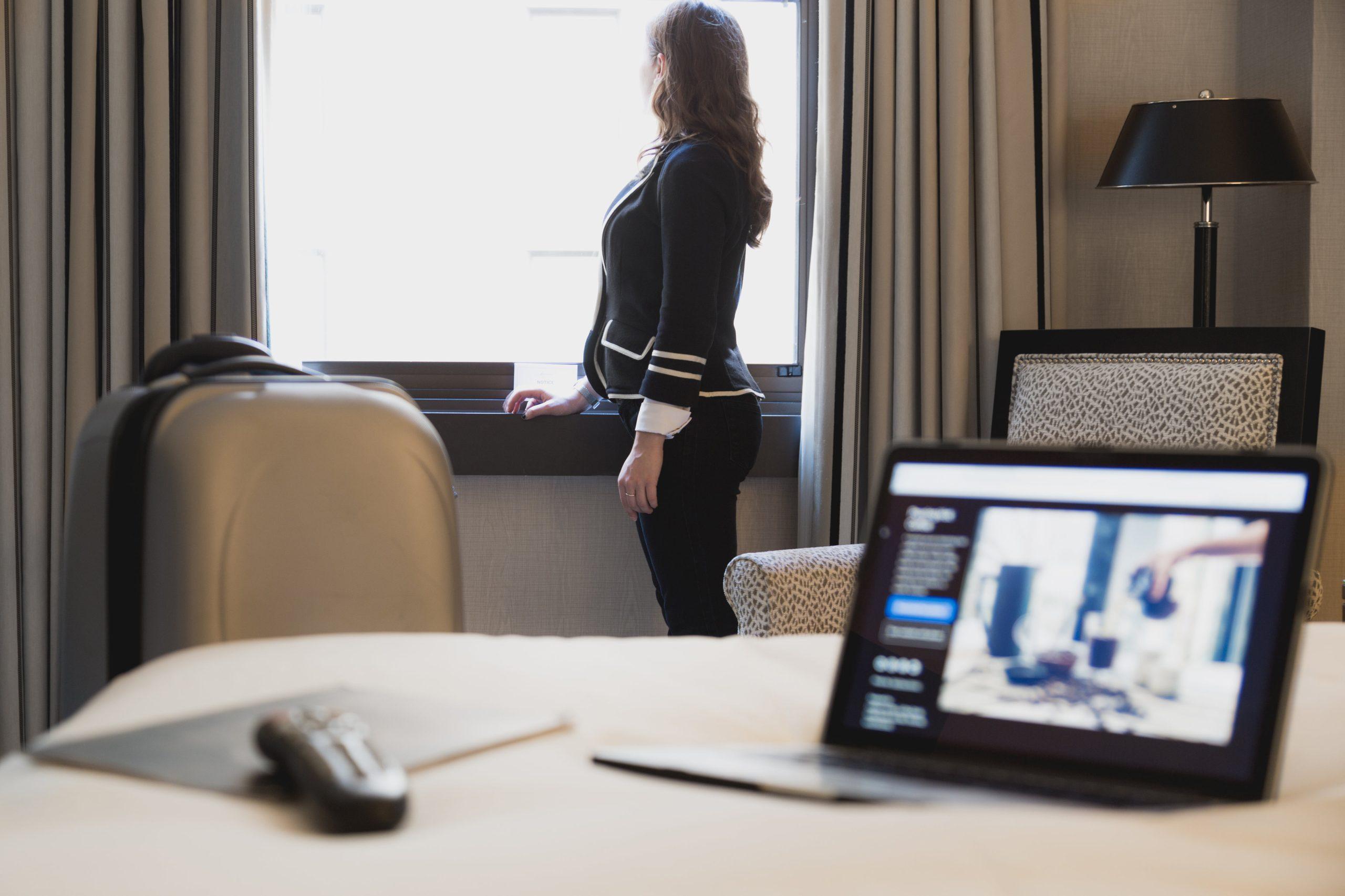Do you know how to avoid lost luggage? Unfortunately, lost luggage is a common situation at airports and can happen to any passenger. In addition, the compensation offered by airlines in case of loss is usually negligible, insufficient to pay the total loss. Therefore, we have put together these seven simple tips to avoid lost luggage. Check it out.
1. Check-in Early to Avoid Lost Luggage
It is very risky to check in too close to take-off time as there may not be enough time for your luggage to be loaded onto the plane.
Most times, the airline has thousands of pieces of luggage per hour to store, distribute and load. So try to arrive a few hours in advance to check in and check your luggage with enough time.
This little care will make all the difference.
2. Use a GPS in your luggage
This tip is simple but can save your long-planned trip. Currently, there are small GPS that you can place inside your luggage to track its movement by cell phone.
These devices are very affordable and can be found on sites like Aliexpress and Amazon.
This added security is critical and will give you faster tracking of your luggage.
3. Take the old flight tags out of your suitcase
A common mistake made by passengers is leaving old flight tags on suitcases or backpacks. This can contribute to the confusion of the baggage handlers, which could result in lost luggage.
Therefore, whenever you pack your belongings for the new trip, check that no tag or information refers to a previous flight.
4. Opt for a cheap suitcase
When you choose your suitcase, opt for a cheaper model. The most expensive ones tend to attract luggage thieves. And we even recommend that you choose a striking color that you can recognize even from afar.
5. Identify and differentiate your luggage
Imagine that you misplaced your suitcase and then the airline found it, but there’s no way to contact you. Or that when you complain about your lost luggage, you can only identify it as a medium-sized black suitcase. The chances of success would be minimal! Therefore, attach tags or a business card in the luggage with your name and contacts that the airline can use to contact you if the need arises. In addition, use your accessories, tags, scarves, or stickers that differentiate your bag from the others. This also prevents your luggage from being picked up by another passenger by mistake (yes, it happens!).
6. Check if your credit card offers travel insurance
Travel insurance credit cards offer free insurance for lost luggage and delays in luggage delivery when you purchase the ticket with the card—no need to hire. However, make sure you check the card terms and conditions before you travel.
(See also: How Does Credit Card Travel Insurance Work?)
7. Be prepared for unforeseen circumstances and the worst
Always carry a change of clean clothes and essential items (drugs, toothpaste, coat, etc.) in your handbag. Keep the receipts for purchases made during the trip in the items carried inside the cabin and photograph your opened and closed suitcase before leaving the house or hotel. You can use this as evidence in negotiation with the airline or in the event of a lawsuit.
In conclusion
If, in the end, all these tips fail, here is some advice that will help you cope with the lost luggage. Divide the things you carry into two different bags. Try to pack at least one change of clothing in your carry-on bag.
That will save you money and other inconvenience when you misplace your luggage. Also, try to carry anything of value with you. This way, your passport, wallet, camera, and computer will always be with you, and there’s less chance of them getting lost.
It may seem a bit extreme, but finding and printing out the contact numbers of the airline you’re flying with is a great way to minimize stress when you land at your destination and realize your suitcase has gone on vacation to another place.
Airport workers are there to help you, but locating your luggage and getting it to you is the airline’s responsibility. Having a phone number handy can save you a ton of time and get you closer to the desired meeting with your suitcase. This is especially useful when your airline does not have a customer service office at the airport, and you feel alone and lost.


